Comment: French rugby clubs must pay the price for poaching top Aussie teens
It’s time for World Rugby to take a stand on French clubs raiding the best young talent in the south – with Australia losing two teenage stars to cashed-up foreign raiders.

It’s time for World Rugby to introduce football-style transfer fees for teenagers being poached by overseas raiders.
With 17-year-old cross-code star Heinz Lemoto off to France to sign a deal with glamour club Toulouse, Australian rugby is losing one of their brightest talents for the foreseeable future.
La Rochelle recently signed Brisbane 16-year-old Visesio Kite.
And there are more teens heading to France from the Australian rugby system.
While French clubs traditionally poached Pacific Island nations Fiji, Tonga and Samoa, they are increasingly targeting Australia, New Zealand and South African juniors.
This is a growing concern across the region, and right now World Rugby is powerless to stop it.
Think you’re a sports fanatic? Take the test. Play daily trivia for FREE on CODE Sports. Sign up here >
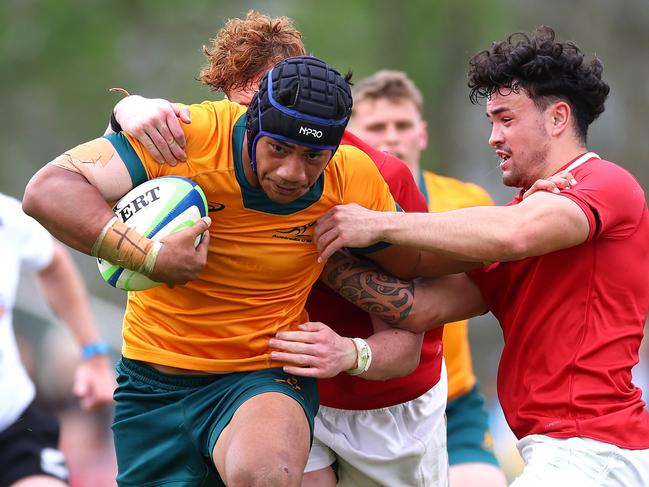
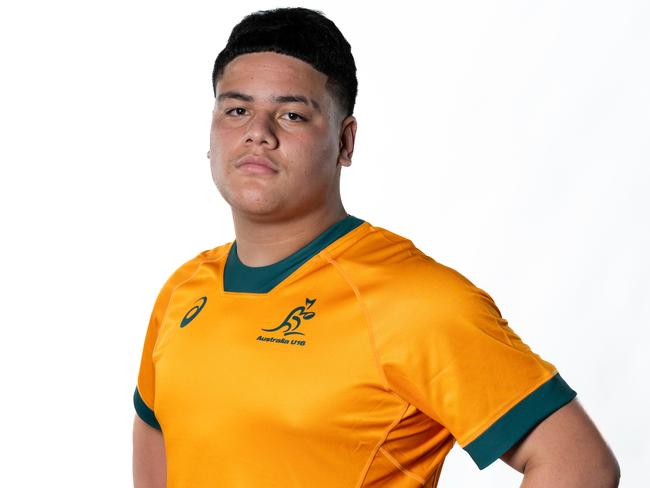
Their own rules suggest the contract window for young talent starts at 17, but French clubs are already signing players under that age.
The clubs and states, along with Rugby Australia’s elite pathway systems who helped develop these players, are left to split a minimal fee of about $20,000 between them.
When German powerhouse football club Bayern Munich came to poach then 17-year-old Aussie football whiz kid Nestory Irankunda, they had to pay a transfer fee that was reportedly in excess of $5 million to Adelaide United.
When English Premier League side Aston Villa signed Adelaide goal-keeper Joe Gauci, they paid the club $2.5 million.
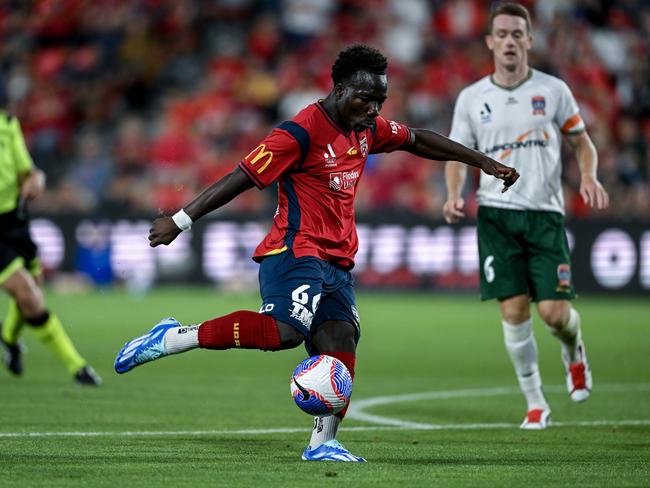
This was a return on the investment Adelaide had put into these players, helping them reach their world-class potential.
The peanuts Australian rugby and the rest of the region is receiving from billionaire-owned French clubs is ridiculous in comparison.
And not only do Irankunda and Gauci still return to represent Australia at international level, World Rugby’s laws allow the French system to capture teens and have them qualify for France after three years of residency.
While Lemoto is keen to play for the Wallabies in future, given his immense potential there will no doubt be pressure put on him by French officials to stick around long enough to switch allegiances.
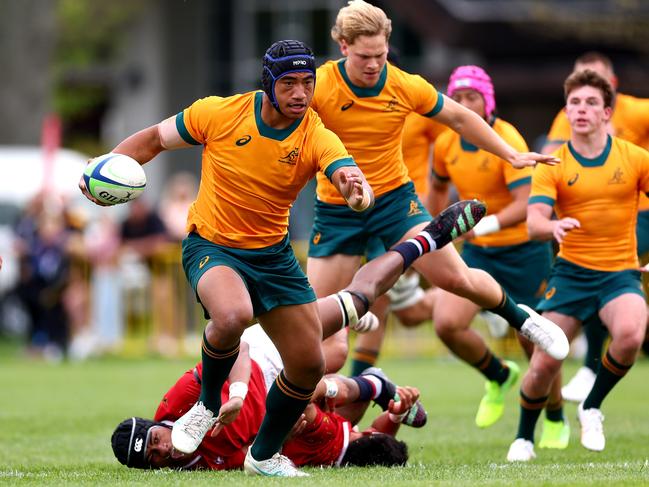
RA chairman Daniel Herbert said last month it’s not the French federation orchestrating these raids, but the individually owned clubs themselves.
“They’re working directly with player agents here,” Herbert said.
“We don’t do it, most other countries don’t do it, and so it’s something that we’ll take up with World Rugby.”
It will no doubt be on the agenda when World Rugby has a meeting in a fortnight.
“Our view is that France has the ability to produce its own players, they don’t have to poach our players at a very young age,” Herbert said after RA’s annual general meeting in April.
“So there’s going to be some discussions at World Rugby level around what is actually allowed to happen in that market.
“There has to be a coming together on what is allowed and what isn’t allowed.”
This comes amid alarming reports of the poor financial predicament of the French rugby scene.
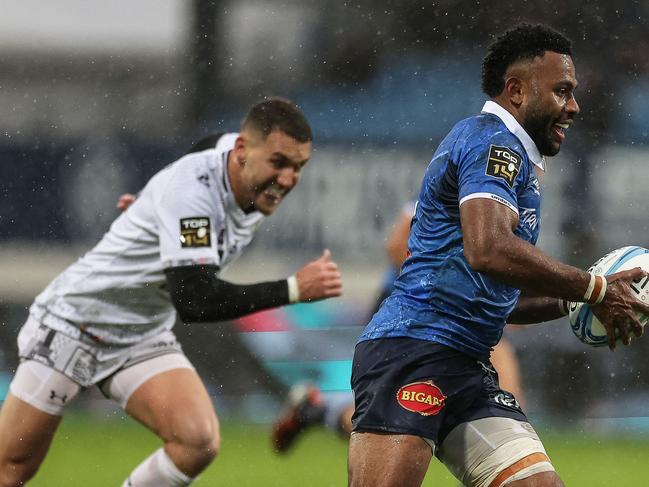
While they are happy to throw around millions of dollars to attract the biggest stars and the best rising prospects, the Ligue Nationale Rugby official report said the cumulative loss for clubs across the Top 14 was €64.5 million ($113 million) for the 2023-24 season.
Ten of the 14 clubs are operating at a loss.
At some point, the wealthy club owners will begin making cuts to operating costs, and that will filter down to investment in players and their environments.






To join the conversation, please log in. Don't have an account? Register
Join the conversation, you are commenting as Logout